Populations at risk
Emergencies. Emergencies follow a crisis – which can often be brutal – resulting from a natural disaster, a political impasse or the threat of an epidemic. Suddenly, normal daily life is turned upside down. Men, women and children find themselves in an extremely vulnerable position. Losing your bearings and your routine is immensely difficult and harrowing, and the lives of the weakest and most vulnerable are often at risk. However, at these times, people respond with impressive energy and strength. So it’s up to us to give them a helping hand.
Trapped by conflicts
89.3%
of our interventions are
responses to political
conflict and crisis
1st
victims of
war: civilian persons
108.4
million
people uprooted¹
27
ongoing conflicts
in the world in 2023²
I’m scared of staying in this country for another 5 or 10 years and never being able to go home. Sometimes I lose hope. Even if it means dying, I want to go back to Syria. It couldn’t be worse than here.
Nisrine, Syrian, refugee in Lebanon
Wars, bombs and abuse have driven them to abandon their houses and flee, in order to survive. At the end of their exhausting exodus, these men, women and children finally find refuge in a village spared by the fighting, or collapse into a camp. These are fragile lifelines where humanitarian organizations are able to provide them with food and water, treat the injured and perhaps save sick children.
ViTAL AND DIGNIFIED aID
While waiting for this dead-end situation to pass, they try to remain level-headed and concentrate on protecting their families. To help them, SOLIDARITÉS INTERNATIONAL teams provide them with vital and dignified access to drinking water, sanitation and hygiene, food and also shelter. Our teams are often the first neutral and impartial people they come into contact with, and they try hard to listen and understand their main needs so as to offer the appropriate assistance.
Hit by natural disasters
0.6%
of our interventions
respond to a
natural disaster
90%
of natural hazards
are related
to water³
4.2
billion people affected
by floods, drought and
storms since 1992⁴
63
million people
under water
stress in 2025
On 25 April, when the ground shook, I was with my 5 year old nephew. I took my chance in a gap between two shakes to get out, and then I saw my house disappear. I’ve been living in a camp ever since, with no toilet, no shower and no running water.
Devo, survivor of the Nepal earthquake on 25 April 2015
Intense droughts, chronic flooding, earthquakes, hurricanes and tsunamis: whether they occur suddenly or slowly, natural disasters always affect the most vulnerable communities. People whose housing, living conditions and livelihoods are the most fragile. They now have to find ways to survive the shock, then to rebuild, adapt and anticipate – and even prevent – further disasters.
GIVING THEM THE MEANS TO FACE CHALLENGEs
Because populations’ health and lives are threatened and they can’t pull through without external support, SOLIDARITÉS INTERNATIONAL’s teams will respond as quickly as possible to deliver their basic necessities, before giving them the means to cope with an uncertain future, and working with them to find ways to boost their resilience in the event of further disasters.
Threatened by epidemics
Up to 143,000
people die
of cholera
each year⁵
2.6
million people
killed by water-related
diseases
842,000
people die
every year
of simple diarrhoea
1.3%
of our interventions
respond to epidemics
To combat water-related diseases, it’s vital we act in advance. Initiatives designed to raise awareness, inform and improve drinking water access are essential.
Renaud Piarroux – Professor specializing in infectious diseases and tropical medicine.
The absence of drinking water, sanitation and hygiene, coupled with densely concentrated populations, makes for ideal conditions in which diseases can appear and spread. Viruses and germs abound in camps for displaced people and refugees, in shanty towns and in towns without running water or sanitation systems. Diseases such as cholera, Ebola and malaria are common; diseases that weaken, kill and spread.
eliminate the disease before it starts
So it’s vital to chlorinate water from wells and health centres, distribute soaps, jerry cans, water filters and chlorine tablets, decontaminate households where the disease has taken hold, install toilets, remove waste, and coordinate the burial of deceased patients. To eliminate the disease before it starts, proper, reliable and sustainable water and sanitation networks must be built, prior to educating people in good hygiene practices and facility management.
Should you have any questions, please contact Xavier Lauth

Publications
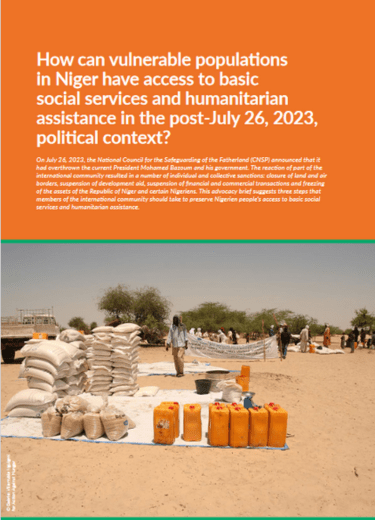
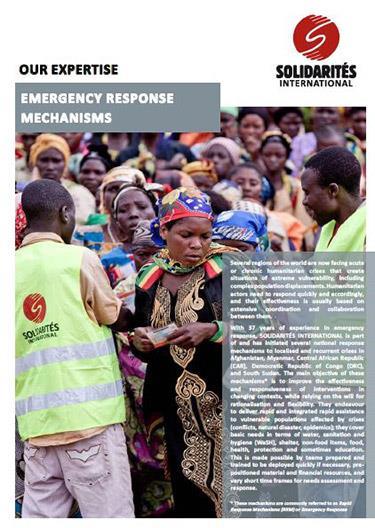
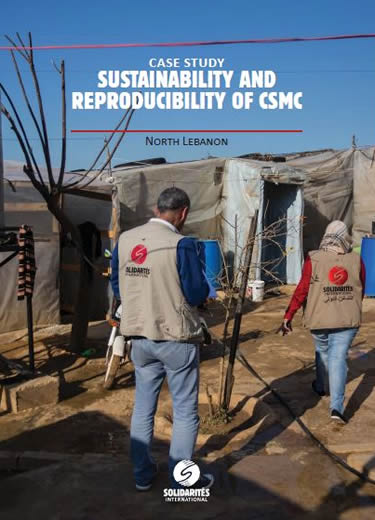
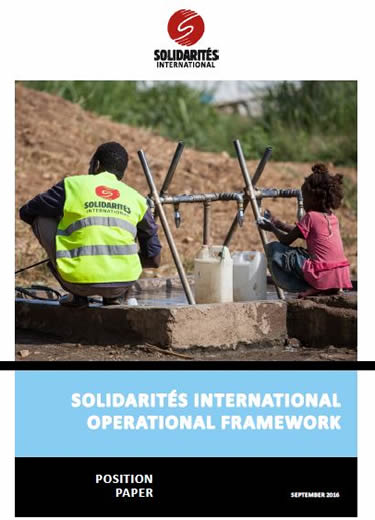
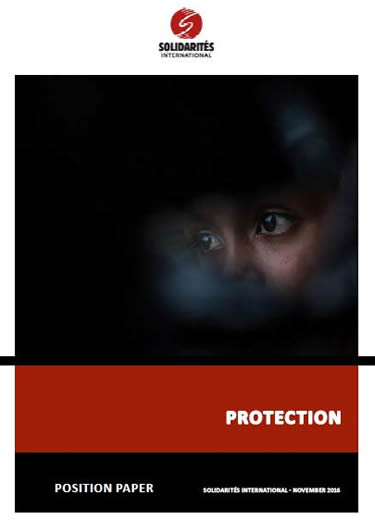
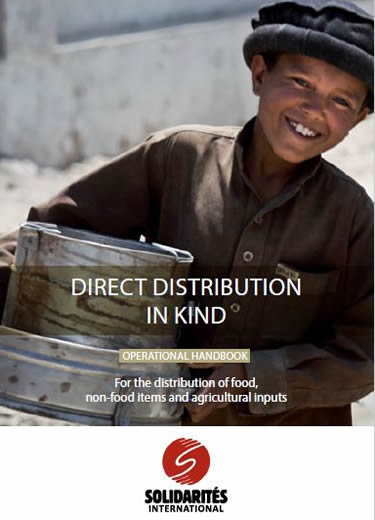
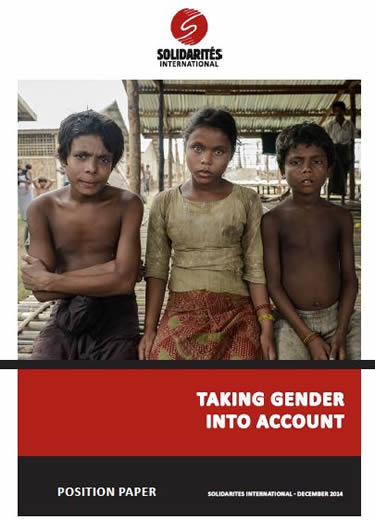
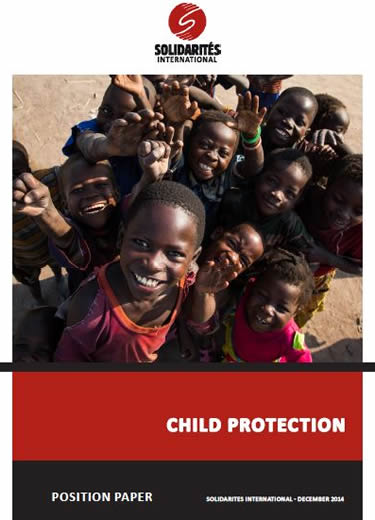
Vacancies
At head office
Worldwide
Internships
